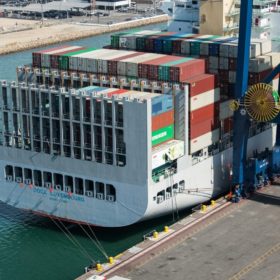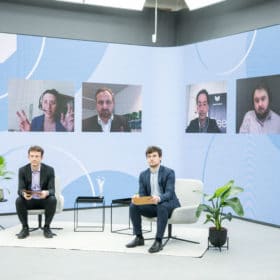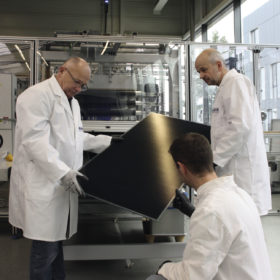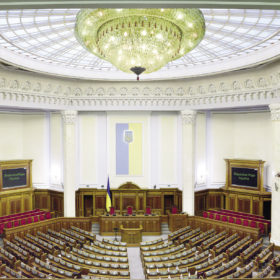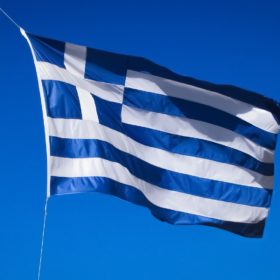Longi reports US decision dismissing Hanwha patent claims
The Chinese solar giant today announced a final written decision published by the American authorities which reportedly invalidates Hanwha Q Cells patents. That development appears to have come 12 days after the Korean manufacturer carried out a seizure of a Longi panel shipment in Rotterdam on the basis of the potential for the infringement of Hanwha patents which apply in Europe.
Longi moves to reverse Dutch court decision permitting seizure of PV panels at Rotterdam
A shipment of modules from the Chinese solar manufacturer was reportedly seized in the Netherlands last month on the orders of Korean rival Hanwha Q Cells, which persuaded a Dutch court the products might be distributed in third-party nations in infringement of one of its European patents.
First reactions to Biden’s US ban on solar imports from China’s Xinjiang province
The Biden Administration’s decision to ban solar imports from four Xinjiang-based polysilicon manufacturers has already raised concerns. One analyst warns of a “significant negative impact” across the U.S. solar industry.
Roundtables Europe video: Financial, contractual, and technical PV industry perspectives
Are solar projects always a sustainable investment class? How can buyers be certain an asset is a lucrative investment? And how can PV project developers fulfill the requirements set by asset managers? This year’s Asset Management Roundtable brought together stakeholders that deal with PV projects from a financial, legal, and technical perspective. You can now watch the video to discover the answers to these questions.
Chinese court upholds laminator patent
German manufacturer Robert Bürkle GmbH has obtained a first instance judgement preventing a rival company from producing equipment that infringes on its patents. The decision of the Intermediate Peoples Court in China is not yet final, and the rival company has already filed a complaint against the ruling.
Claims stacking up from Ukrainian clean power developers against state electricity offtaker
Local lawsuits are reportedly set to cost the body set up to purchase clean power in Ukraine more than €24 million already, after the decision by the government in August to retroactively reduce FIT payments. Lithuanian clean power developer Modus Energy is preparing for its own suit, citing Ukraine’s international treaty obligations.
European Court: Renesola cells assembled into modules in India were correctly subject to EU anti dumping duty
The ruling was issued on Thursday after the matter was referred by a U.K. tax tribunal which, in March last year, upheld the U.S.-headquartered solar manufacturer’s claim the assembly of cells into panels is an important step, which should render such products Indian.
Legal challenge to Ukraine’s retroactive FIT cuts
Lithuanian-owned solar developer Modus Energy International is reportedly seeking €11.5 million from the Ukrainian government after it retroactively reduced feed-in tariff payments from August. Modus claims Kiev breached the Energy Charter Treaty with its reduced-payment legislation.
ECJ indicates EU member states free to revise signed feed-in tariff contracts
The court has agreed with advocate-general Henrik Saugmandsgaard Øe that Italy’s move, in 2014, to reduce solar incentive payments contained in signed agreements held by developers does not breach EU law.
European Commission opens antitrust probe into Greek state-owned utility
The EU executive will investigate whether power company PPC abused its dominant position in the member state’s wholesale electricity market to squeeze out competitors.


